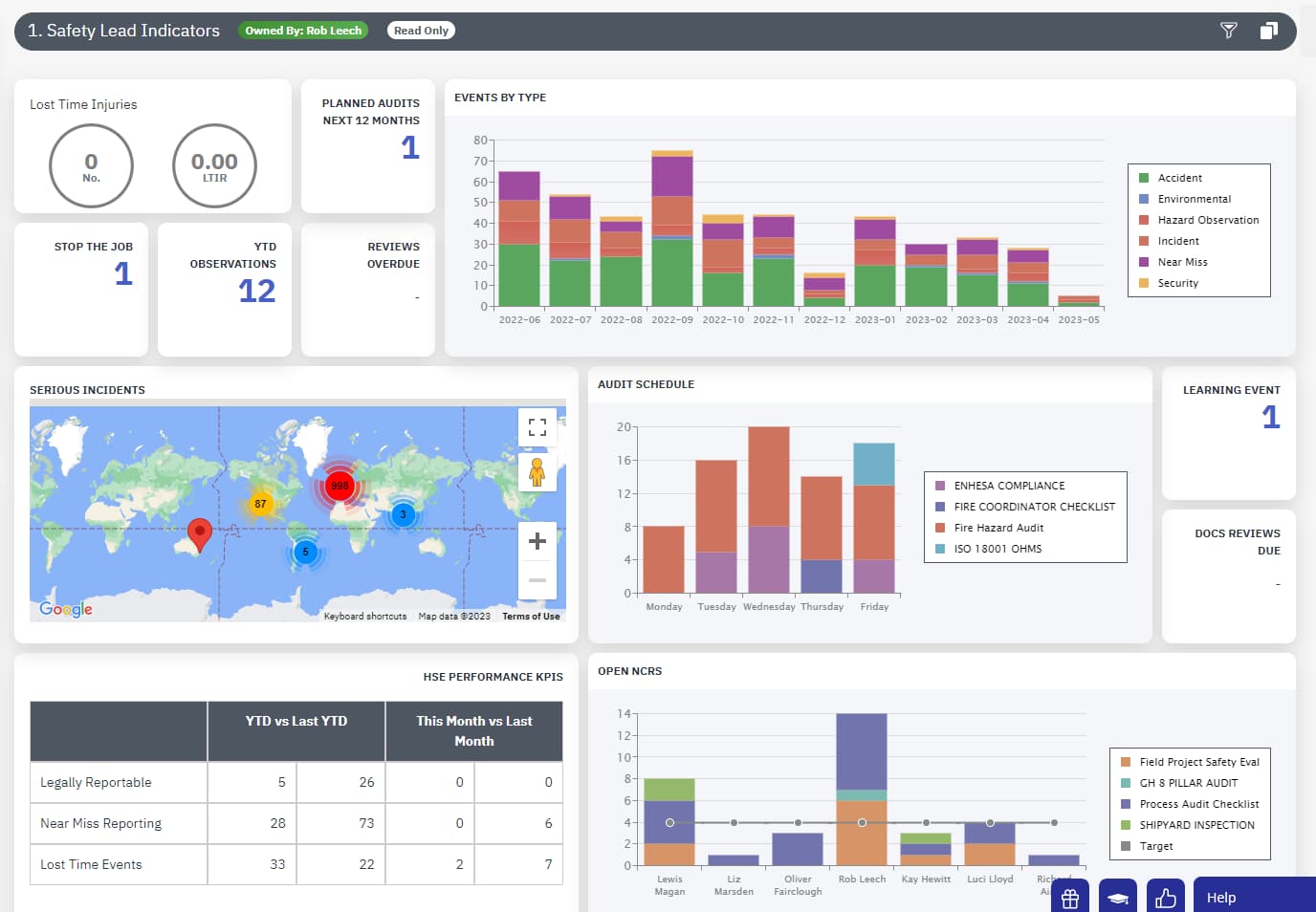
Occupational Health (OH) Meaning & Definition
What is Occupational Health (OH)?
Occupational health (OH) is defined as a component of public health that primarily focuses on maintaining the physical, mental, and the social health of employees in different occupations.
Occupational health focuses on the guidelines and the rules regarding workers’ health and their overall working capabilities. It also focuses on improving working conditions and requires employers to provide a safe working environment for all employees.
It is categorized as a brand of medicine that mainly prioritises workers’ physical and mental health. There are many occupational health and safety specialists that work with employees and employers in order to determine employee conditions and to devise rehabilitation programs for employees who have sustained injuries.

Why is Occupational Health Important?
The primary objective of occupational health is to provide a safe and secure environment for workers and to reduce the risk of work-related illnesses or injuries. This area of medicine also prioritizes setting standards for eliminating, mitigating, or substituting all work-related hazards.
Every workplace is legally mandated to provide a safe environment for employees, and this is only possible by instituting the right safety measures and providing adequate safety training.
The World Health Organization’s occupational health mandate states that occupational health encompasses all workplace risks, including any injury risks, and illnesses caused by individual or social factors.
It is also important to note that occupational health shares a close link with overall public health. The World Health Organization has also stated specific guidelines for organizations to maintain the health and safety of their employees:
- Improving availability of occupational health services
- Implementing a health and safety policy and educating employees about it
- Promoting a safety-first culture and protecting employee health.
This isn’t a statutory obligation, though many countries use this when devising their global framework for setting OH standards. Companies in the UK, for instance, have a legal obligation to maintain the occupational health of their workers, as outlined in the Health and Safety at Work Act of 1974.
In the UK, the HSE requires organizations to:
- Assess risks to employees, customers, and partners, and any other people who could be affected by their activities;
- Ensure that access to competent health and safety advice is available;
- Arrange for the effective organization, control, planning, monitoring, and review both protective and preventive measures;
- Consult with employees about any risks that they face at work, and measures in place;
Organizations that fail to comply may have sanctions levied against them, which include fines or disqualification, and may even result in imprisonment.
The Main Objectives of Occupational Health
The primary objectives of occupational health are to prevent and/or mitigate workplace accidents and illnesses. To achieve this, there are several guidelines that businesses must follow;
Encouraging Safe Working Methods
Businesses are required to document, identify, and encourage safe working practices to ensure compliance with legal standards and to prevent any workplace-related incidents or accidents.
Monitoring Overall Health of Employees
Employers should also closely monitor the overall health of their employees and offer recommendations or avenues for improving their health.
Identifying Methods to Improve Employee Performance
Employers can also research different methods or engage with their employees to identify how employees can perform their jobs in a safer and better manner.
Management Support in Case of Sick Leave
Another key objective of occupational health is to ensure that management is able to ensure smooth operations in case an employee is away on sick leave. The company should have measures in place to manage operations in the employee’s absence.
Offering Guidance and Advice to Employees
Occupational health also aims to offer advice and guidance to employees who might require assistance with issues that aren’t related to their health. For instance, occupational health specialists can provide advice on improving the working environment, which would positively impact employee health.
Benefits of Maintaining Occupational Health
Apart from an organization’s statutory and moral obligations, maintaining occupational health and implementing safe practice is important for many reasons. Arguably the biggest reason is that failure to do so will result in harm for both the company and the employee.
Boosts Morale in the Workplace
Maintaining employee morale in the workplace is obviously very important for employers. By prioritizing occupational health and making sure that adequate safety measures are in place, workers will feel more valued.
This leads to a major boost in morale, which ultimately improves employee retention and boosts productivity.
Improves Goodwill
Maintaining occupational health also directly impacts company reputation. Companies that prioritize occupational health are received positively, both in the media or by their employees.
Today, word of mouth plays an important role. Anybody, ranging from a customer to an employee, can write reviews or update their social media profiles with their comments. If your company invests adequately in occupational safety, its reputation is only going to increase.
Unlocks New Opportunities
Prioritizing occupational health unlocks many new opportunities for businesses. It allows employees to give suggestions on how to improve overall safety, which sets up the organization for success.
EcoOnline Allows Organizations to Prioritize Occupational Health
EcoOnline’s Health & Safety Software lets organizations manage overall employee health and to mitigate any safety risks. From reporting on hazards or capturing and managing information related to incidents, the software allows organizations to tap into safety insights and take appropriate measures to improve overall employee health.



